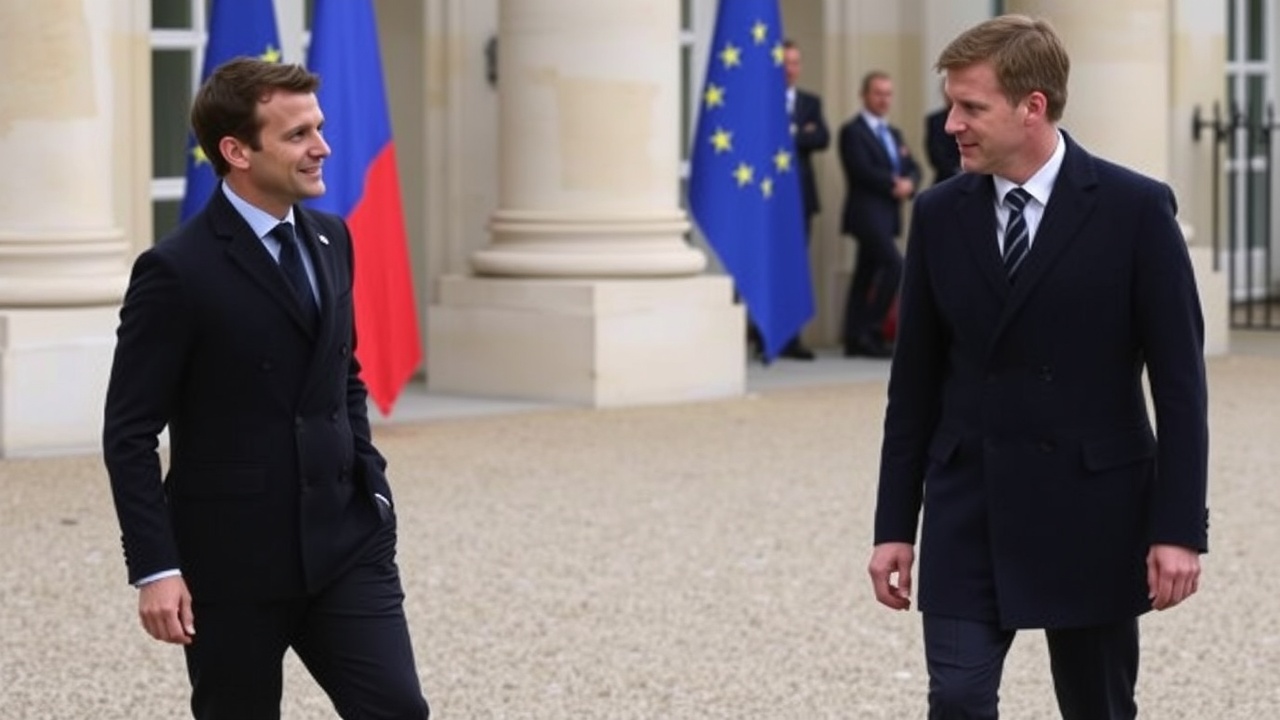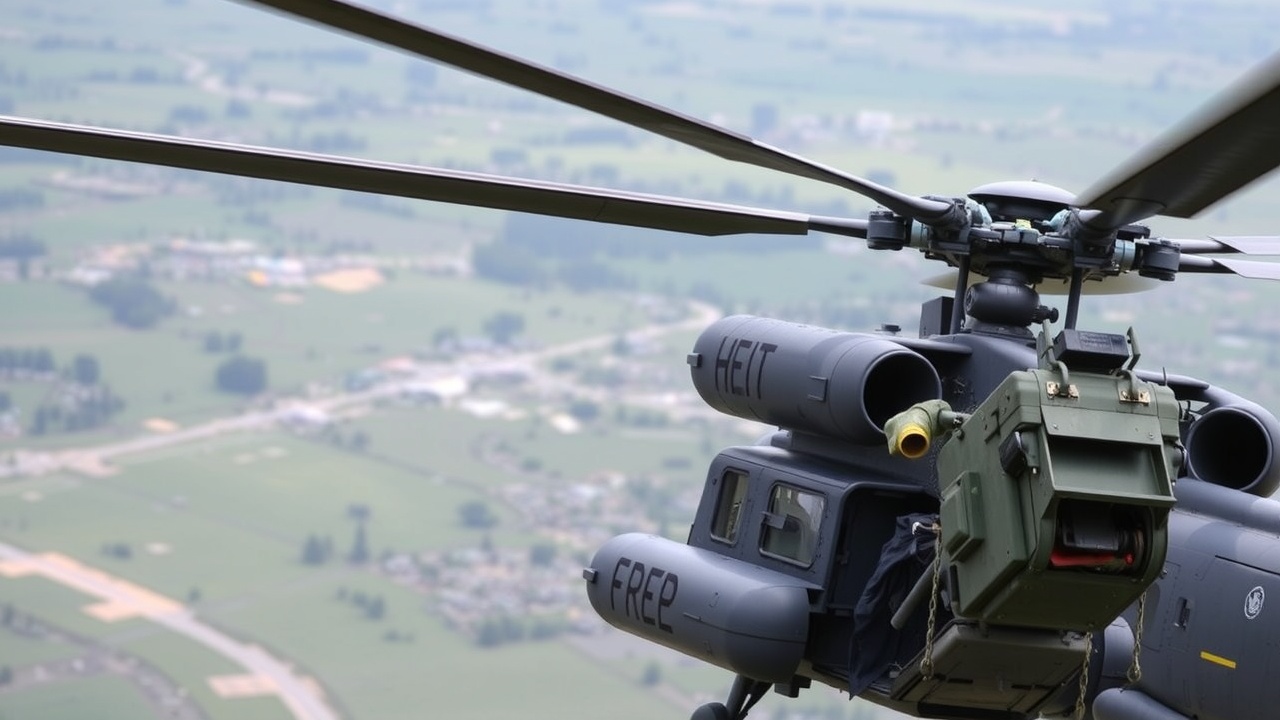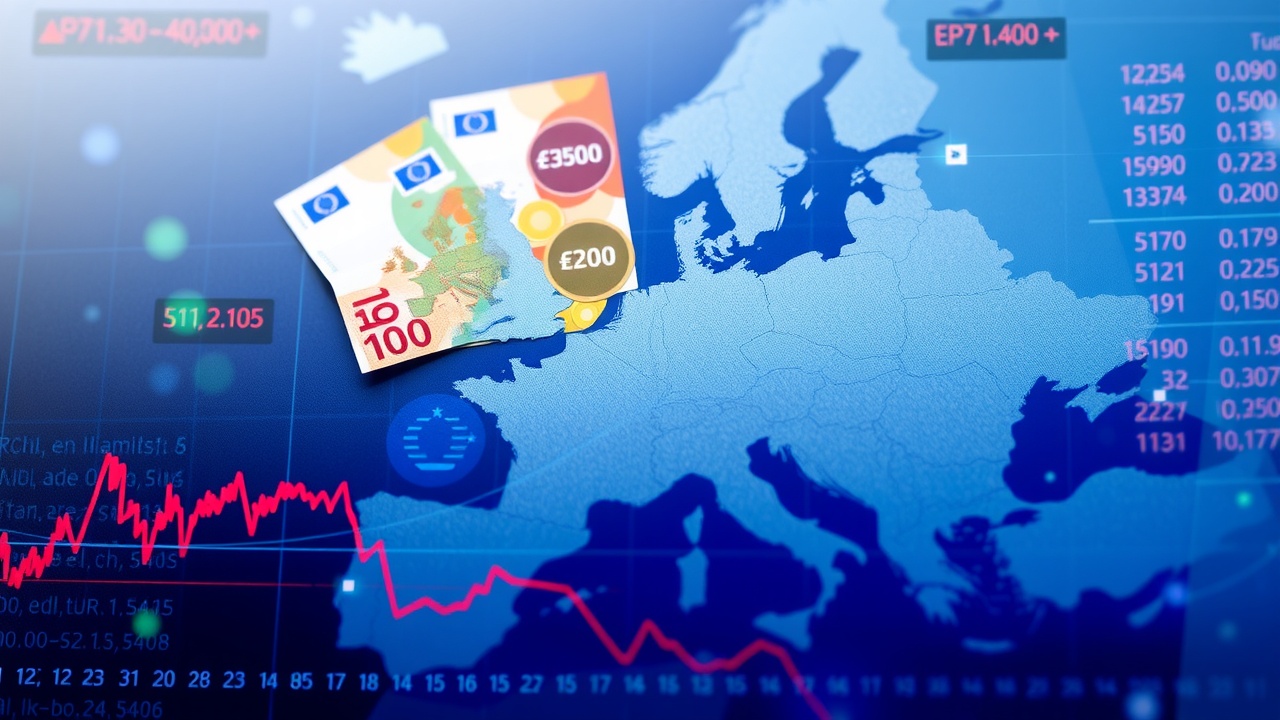
Following Monday's meeting of European leaders to discuss national security and support for Ukraine, defense stocks have increased this week
Is it wise to spend money on defense?
Due to environmental, social, and governance (ESG) concerns, many investors have historically shunned the defense industry when considering the best funds and stocks to invest in.
However, sentiments have changed since Russia invaded Ukraine, with many now thinking that Britain and its European allies must be stronger in order to secure and preserve peace against Russian aggression.
Recent events have escalated worries about European security, which has a big impact on defense budget requirements.
As a result, UK defense stocks such as BAE Systems, Rolls-Royce, and Babcock International have increased in value as investors expect more funding for national security. As of this writing, Babcock and Rolls-Royce have both increased by nearly 4%, while BAE Systems has increased by nearly 12% over the previous five days.
Continental Europe is no exception. Over the last five days, French aerospace and defense company Thales has increased by more than 12%, while German auto and weaponry manufacturer Rheinmetall has increased by more than 30%.
The retreat of America: what has transpired in the last few days?
Throughout the past week, things have taken an unsettling turn. In a move that effectively brought Russian President Vladimir Putin in from the cold, US President Donald Trump spoke with Putin last Wednesday, February 12, without first consulting European leaders.
Volodymyr Zelenskyy, the president of Ukraine, was not invited to the alleged "peace talks" that Trump sent US officials to have with Russian representatives in Saudi Arabia.
Meanwhile, at the Munich Security Conference last Friday, February 14, vice president JD Vance made a degrading speech in which he called on Europe to "step up in a big way to provide for its own defense."
The overt suggestion was that the United States is serious about its new isolationist policy. There has been a noticeable change in course. A dependable ally in preserving peace in Europe since the end of World War II has been the United States.
In response, European leaders hurried to Paris on Monday, February 17, for a summit. It is hoped that by beginning negotiations in Paris, Europe will be able to set aside its differences and reach a consensus on how to strengthen European security and support a peace agreement in Ukraineone that was mediated by Trump and Putin, but one that involves and is acceptable to Ukraine.
Spending on defense has been a major concern. If the United States is not dependable in helping Europe, then European countries will have to drastically increase their expenditures.
In fact, UK Prime Minister Keir Starmer has stated that he would be prepared to deploy UK peacekeeping forces in Ukraine if needed, referring to the current situation as a "generational challenge" for UK security.
Prospects for the industry: Should you buy defense stocks?
All of these changes suggest that defense spending should rise.
All member states of NATO are currently required to spend 2% of their GDP on defense annually, but according to recent reports, the alliance may be considering raising this to 3% by 2030. Trump has pushed for a 5 percent increase in spending, calling on NATO members to do even more.
Hector McNeil, co-chief executive at HANetf, a provider of exchange-traded funds, stated, "The UK may need to follow suit as EU President Ursula von der Leyen has already proposed that defense be exempt from EU limits on government spending."
"This now seems like it could be the bare minimum," he continued, adding that Keir Starmer had previously promised to raise defense spending to 2.5 percent of GDP, a goal that has not yet been achieved. According to preliminary data, the United Kingdom spent 23.3 percent in 2024.
With any increase in spending, defense stocks are likely to keep rising in the long run. This has been the pattern since 2022, when Putin's invasion brought European security back into the spotlight.
The UK has major players in the industry, including Babcock International, Rolls-Royce, and BAE Systems. Investors would be better off adopting a global strategy, according to Jason Hollands, managing director of the investment platform Bestinvest.
US companies like Lockheed Martin, Raytheon, Northrop Grumman, and General Dynamics are the most well-known in the world, he explains.
"Due to the high-tech nature of modern armaments, multiple firms can be involved in producing fighter jets, missiles, and warships. As a result, defense projects are highly inter-related and typically benefit multiple firms rather than single suppliers," Hollands explains the advantages of a global investment approach.
"Governments do not only buy equipment from domestic companies; they also buy it from suppliers around the world. The F35-B, for instance, is currently the most sophisticated fighter in the United Kingdom. Its primary contractor is the US company Lockheed Martin, but it also uses parts manufactured by Rolls-Royce and the UK-listed BAE.
As part of the negotiations over Ukraine and US-EU trade tariffs, Hollands thinks that EU nations may actually decide to purchase more US equipment, which could raise US stock prices.
When discussing the sector more generally, he cautions that the current environment is "certainly not bargain-hunting territory" because increased defense spending has already been taken into account when valuing many of these companies.
One option for investors who want to incorporate the theme into their portfolio is to directly purchase stock in top defense companies. Hollands notes that Rolls-Royce's stock has increased by 89% in the last 12 months, outperforming six of the seven "Magnificent Seven" tech stocks in terms of return.
As an alternative, investors can follow the industry more widely with an ETF. According to Hollands, "The Future of Defence UCITS ETF (by HanETF) offers exposure to a basket of 60 shares from cybersecurity and defense companies that derive the majority of their revenues from NATO member countries or NATO allied countries."














Leave a comment on: The UK faces a "generational challenge" on national security, which is causing defense stocks to rise